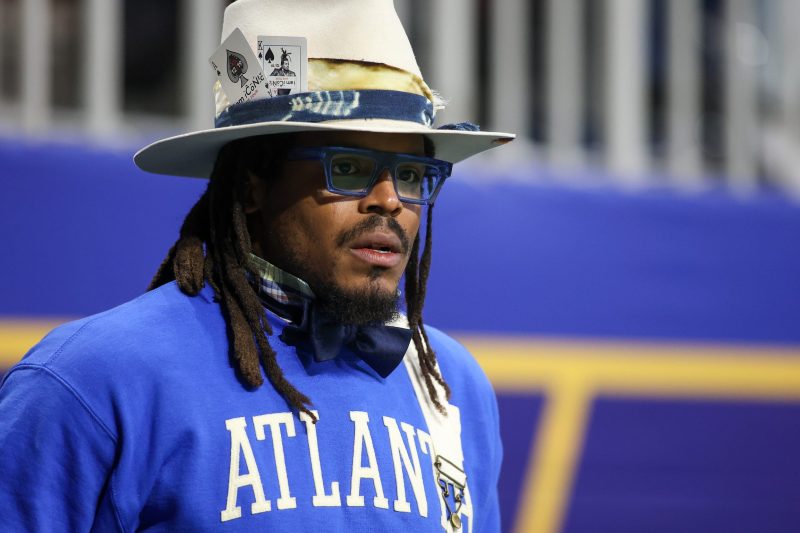In the world of youth sports, tensions can often run high. From competitive parents to overzealous coaches, the environment surrounding young athletes can sometimes become toxic. The recent brawl involving Cam Newton is just another unfortunate example of how adults can ruin what should be a positive and constructive experience for children.
Youth sports are supposed to be about teamwork, sportsmanship, and personal growth. It is a space where kids can learn valuable life lessons, make friends, and develop a love for physical activity. However, when adults inject their own egos and agendas into the mix, the focus shifts from the well-being and development of the children to winning at all costs.
Cam Newton, a professional football player volunteering as a coach for a youth football team, found himself at the center of a heated altercation that devolved into a physical confrontation. While the details of the incident are still murky, what is clear is that the behavior displayed by the adults involved was unacceptable and detrimental to the young athletes present.
When adults lose sight of the bigger picture and prioritize their own desires over the well-being of the children, it sets a damaging example. Youth sports should emphasize fair play, respect for opponents, and resilience in the face of challenges. However, when adults model aggression, hostility, and poor sportsmanship, they are teaching the children in their care the wrong lessons.
It is crucial for adults involved in youth sports to remember that they are role models for the young athletes. Their behavior and attitudes shape the experiences and perceptions of the children under their guidance. By exhibiting positivity, sportsmanship, and respect, adults can create a safe and nurturing environment that fosters the growth and development of young athletes.
Conflict will inevitably arise in competitive environments, but it is how adults handle these situations that truly matters. Instead of resorting to violence or verbal abuse, adults should model calmness, integrity, and conflict resolution skills. By demonstrating effective communication and problem-solving strategies, adults can teach children valuable skills that extend far beyond the realm of sports.
In conclusion, the brawl involving Cam Newton serves as a sobering reminder of the negative impact adults can have on youth sports. It is imperative for adults to prioritize the well-being and development of young athletes above their own egos and desires. By modeling positive behavior, sportsmanship, and conflict resolution skills, adults can create a nurturing and supportive environment where children can thrive and grow both on and off the field.
